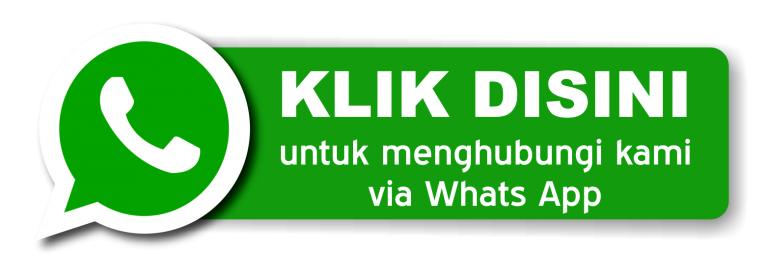Penerapan Model DBL (Discussion Based Learning) dalam Meningkatkan Hasil Belajar Siswa pada Pembelajaran Agama Islam
DOI:
https://doi.org/10.61722/jipm.v3i5.1246Keywords:
DBL (Discussion Based Learning), Student Learning Outcomes, Islamic Religious EducationAbstract
Learning outcomes play an important role in the learning process. They serve as a measure of the level of success a student can achieve. One of the learning models used to improve learning outcomes is the DBL (Discussion Based Learning) model. The purpose of this study is to describe the steps, advantages, and disadvantages of implementing the DBL (Discussion Based Learning) model in Islamic Religious Education at Madrasah Tsanawiyah Negeri 1 Klaten and Madrasah Tsanawiyah Negeri 11 Boyolali. This study employed a qualitative approach. The research subjects were teachers at Madrasah Tsanawiyah Negeri 1 Klaten and Madrasah Tsanawiyah Negeri 11 Boyolali. The informants were Islamic Religious Education teachers. Data were collected through interviews, observation, and documentation. The results of the study are as follows:1) The steps of the DBL model include: the teacher communicates the learning objectives, directs the focus of the discussion by explaining the basic rules, monitors the discussion, concludes the discussion, and asks students to reflect on both the discussion process and their thinking;2) The advantages of the DBL model include: engaging all students directly in the learning process, assessing their level of knowledge and mastery of the subject matter, and fostering scientific thinking and attitudes; 3) The drawback of the DBL model is that discussions are often dominated by a few students who possess strong speaking skills.
References
Al-Tabany, Trianto Ibnu Badar, Mendesain Model Pembelajaran Inovatif, Progresif, Dan Kontekstual (Jakarta: Kencana, 2014)
Isjoni, and Mhd Arif Ismail, Model-Model Pembelajaran Mutakhir (Yogyakarta: Pustaka Pelajar, 2008)
Majid, Abdul, Perencanaan Pembelajaran (Bandung: Remaja Rosdakarya, 2011)
Muhaimin, Wacana Pengembangan Pendidikan Islam (Jakarta: Pustaka Pelajar, 2004)
Mukhtar, Metode Praktis Penelitian Deskriptif Kualitatif (Jakarta: GP Press Group, 2013)
Nata, Abuddin, Pemikiran Pendidikan Islam Dan Barat (Jakarta: PT Raja Grafindo Persada, 2012)
Sanjaya, Wina, Strategi Pembelajaran Berorientasi Standar Proses Pendidikan (Jakarta: Kencana Prenadamedia Group, 2006)
Downloads
Published
How to Cite
Issue
Section
License
Copyright (c) 2025 JURNAL ILMIAH PENELITIAN MAHASISWA

This work is licensed under a Creative Commons Attribution-ShareAlike 4.0 International License.













